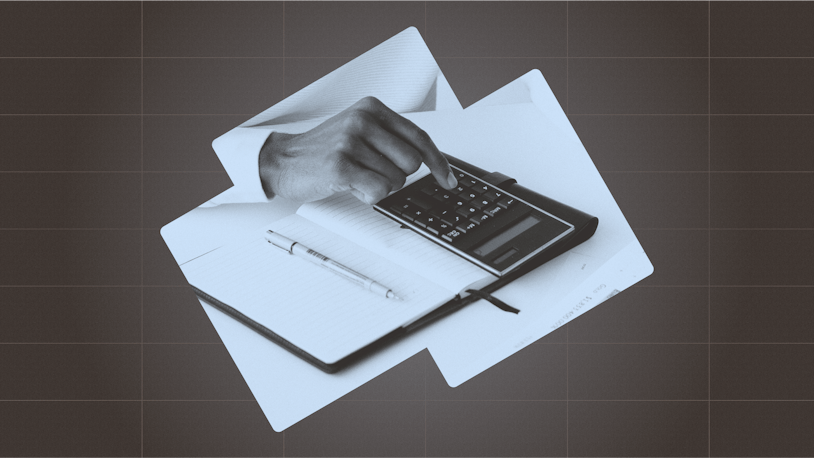Delivering Great Customer Service in Banking and Finance
Learn more about the biggest challenges of customer service in financial services, and get 10 practical tips on how to overcome them.
Get tips and advice from experienced support pros on delivering great customer service, building a career in support, and leading a support team.

Learn more about the biggest challenges of customer service in financial services, and get 10 practical tips on how to overcome them.


